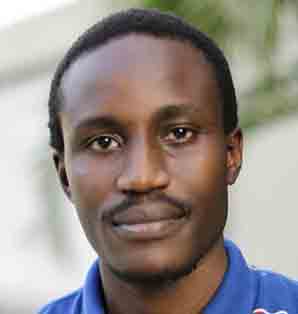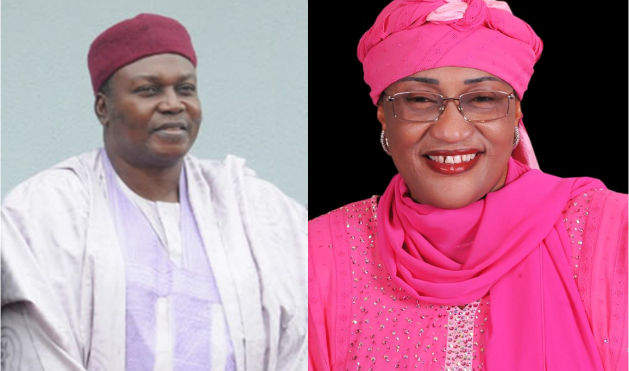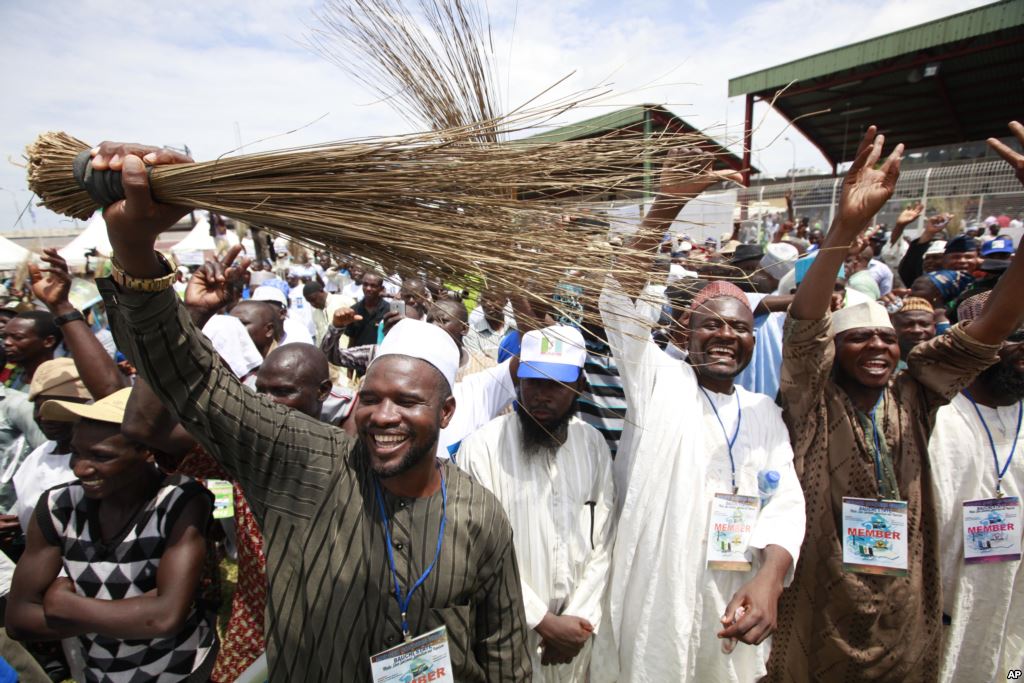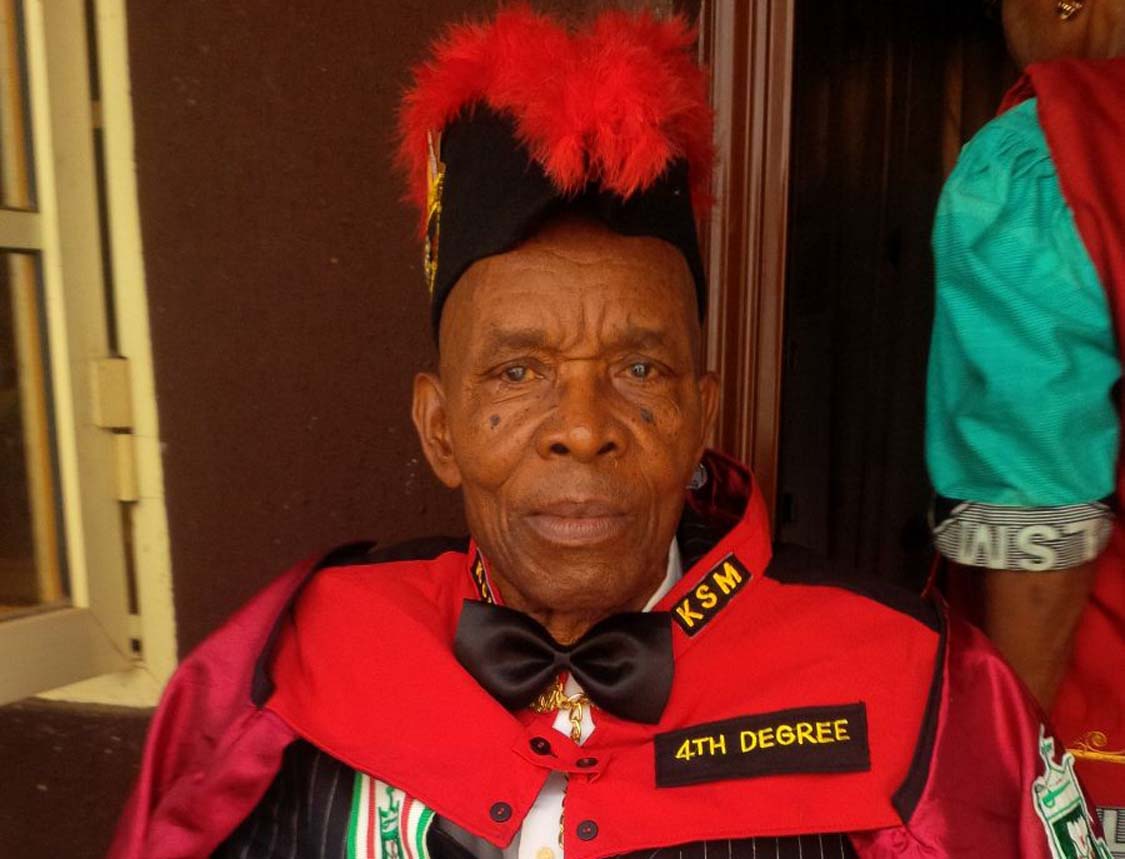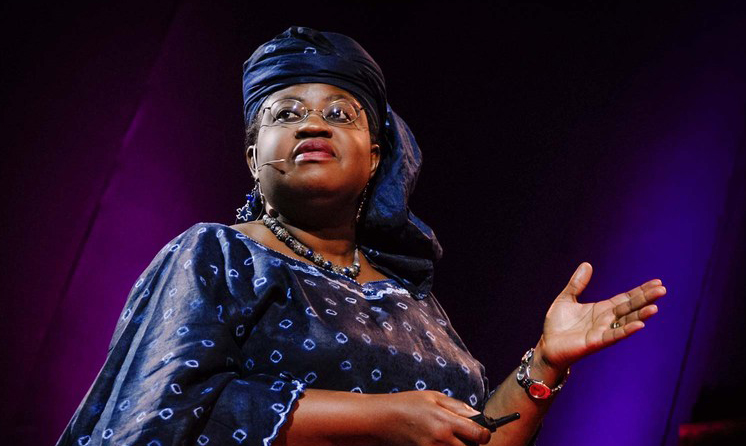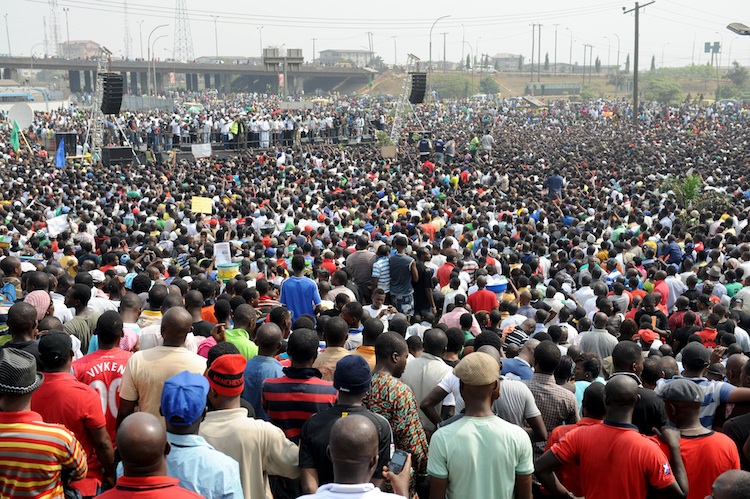At the beginning of every year the news is awash with predictions and prophecies, usually from Christian clergymen. Much of it is vague stuff – saying that two prominent traditional rulers will die isn’t really saying anything in a country where every chief is prominent and most are decades past the country’s life expectancy. Many of the predictions also come hedged with a ‘prayer’ clause – pray against so-and-so happening – which leaves too much wiggle room to the prophet.
I really think I should give this prediction business a try this year. Here are my predictions for 2016. Manchester United supporters really need to pray against relegation this season. Arsenal fans need to pray against the spirit of ‘almost’, a.k.a last-minute disappointment. The price of oil will remain below $100 per barrel this year. The United States will top the medals chart in the summer Olympics in Brazil. Nigeria will face challenging economic conditions. The Governorship election in Ondo will be a fierce contest between the APC and the PDP, both parties should pray hard against failure.
On a somewhat more serious note, I’d like to use today’s piece to focus on a number of issues that I think will significantly affect Nigeria this year.
Oil. On the last day of 2015 the US exported its first crude oil consignment in forty years. And sometime early this year, Iran is likely to unleash millions of barrels of crude oil onto a sub-$40 market. The net effect of these two landmark happenings will be a persisting glut, and, by implication, persisting depressed prices – with devastating consequences for a country that depends on crude oil for three-quarters of government revenues and ninety percent of foreign exchange earnings. There are already suggestions that we may be compelled, this year, to start ‘diversifying’ our oil into the frying of fish and puff-puff.
Advertisement
Forex: There will be no easy answers to this conundrum. The $100 days are behind us, we haven’t got enough dollars to defend the naira. I recall a bank CEO saying, early in 2014, that Nigeria was spending between $300m and $500m weekly defending the naira. That might have been defensible with $100 oil; with $40 oil it’s plain madness. Hence the tightening in the forex market, and the series of restrictions that have been unleashed by the Central Bank, and commercial banks. The question that follows is a simple one: what is the federal government – through the Central Bank and the Ministry of Finance – going to do to ease the troubles that individuals and businesses with legitimate forex needs – paying vendors and suppliers, paying for healthcare – are facing. It is perhaps also very important to establish systems that help separate legitimate foreign currency needs from frivolous or fraudulent ones (which are, from anecdotal evidence, currently overwhelming the market).
INEC: Elections in Bayelsa and Edo and Ondo and possibly Rivers and Akwa Ibom will put the spotlight on the Independent National Electoral Commission this year. The first set of elections to take place under the new leadership of the Commission have been problematic. Let’s at this time assume that these are the issues one would expect from a transfer of power at the commission. Recall that Prof. Attahiru Jega’s first outing as INEC Chairman verged on disastrous – the first election in the 2011 electoral calendar had to be halted and postponed after voting had started. All eyes will be on INEC in 2016 to see how quickly it learns from its mistakes and improves its processes. Its performance will play an important role in influencing citizen confidence in our democracy.
Biafra: This year will mark the fiftieth anniversary of the happenings that plunged Nigeria into a Civil War. Between May and October 1966 tens of thousands of Igbo civilians were murdered in northern Nigeria, prompting a large-scale emigration to the south-east. Indeed, one of the primary justifications that Odumegwu Ojukwu advanced in his May 30, 1967 secession declaration speech was the assertion that the Igbo “can no longer be protected in your lives and in your property by any government based outside eastern Nigeria.” In July and August the targets were mainly military officers of Igbo origin, ostensibly targeted in reprisals for the January 15, 1966 coup whose maintargets turned out to be non-Igbo politicians and military officers. In September and October 1966 the killings spilled outside the barracks. British journalist and historian Walter Schwarz wrote, in a 1970 book: “No accurate figure for the number who died is available. The East’s first claim, made at the Aburi Conference three months later, was 10,000; the official figure given later was 30,000. Whichever figure is more accurate, no one disputes that it was a pogrom of genocidal proportions.” I bring all this up to make one point; that as the fiftieth anniversary of the massacres approaches, tensions will heighten in Nigeria, especially in the east, against the backdrop of increasingly militant rhetoric from the Indigenous People of Biafra (IPOB) movement. Now is the time to start taking the steps to address long-held historical grievances and feelings of marginalisation, and defusing the impending wahala. We should by now have outgrown our bad habit of burying our heads in the sand and then acting surprised when the crap inevitably hits the fan.
Advertisement
Niger Delta Amnesty and Northeast ‘Marshall’ Plan: Thankfully, the 2016 Appropriation Bill (as published by the civic transparency organisation BudgIT) shows that about 12 billion naira has been budgeted for the programme for 2016. Fears of a shutdown of the programme have therefore turned out to be exaggerated. In the northeast, the talk of a ‘Marshall’ Plan for rehabilitation and reconstruction has gone on for too long. Good news, there’s a Presidential/Federal Initiative for the Northeast (PINE) programme that has a 12 billion naira allocation in the 2016 budget. Going by the level of devastation, it’s not a lot, and a lot more money will need to come in from civil society, development finance, and business/investment partners. Nigerians deserve a concrete plan of action that takes into account the massive collaboration requiredamong a wide range of players: federal, state and local governments, civil society, private sector, and law enforcement agents.
So I left one prediction out. This column will come to an end in 2016. In fact, what you’re reading today will be my final appearance in these pages, as a Monday column. It’s been almost three years since I started it (the first piece appeared early in 2013), and by my reckoning I have written approximately 200,000 words in that time. It has been exciting and demanding and energising and tiring. I have received hundreds of text messages and phone calls over the last three years, from readers who have agreed or disagreed with my opinion. One reader, after my interview with Bill Gates appeared, called to ask for Mr. Gates phone number. The text message that most stands out is the one from someone in Ekiti, in January 2015, who said he was defecting from the Goodluck Jonathan camp to the Muhammadu Buhari one, and would be taking along his “polygamous home of 24.”
The phone call that most stands out came last week, from a fraudster posing as the ‘Director of Operations’ of the Federal Inland Revenue Service (FIRS). His name, he said, was ‘Lanre Bamgbose’. The first red flag emerged when, after the phone call, I turned to Google and found no evidence of anyone in senior management with that name. During our conversation he mentioned that the FIRS was hiring administrative officers, and that if I had any names to recommend I should let him know. I got someone to pose on the phone as a job-seeker, and before long got confirmation that this was a scam. The Mr. Bamgbose wanted the person to travel to Abuja that day for the job interview, and also offered to help arrange a flight ticket. By the time he sent an account number (which he claimed belonged to the ‘Head of Ticketing and Reservation’ at one of the airlines; the person who would arrange the ticket), I’d fully understood what this was all about. I told him off, naturally. But 419 remains alive and well in Nigeria. And this leads me to my final prediction for 2016; all of us should pray against being swindled this year, not just by professional fraudsters, but also by the politicians we have elected, and who rode to victory flaunting baskets of juicy promises.
On that note, I’d like to thank every one of my readers for joining me on this journey. I am immensely grateful. Goodbye, and Happy New Year again! You will of course continue to find me on Twitter, at @toluogunlesi
Advertisement
Views expressed by contributors are strictly personal and not of TheCable.
